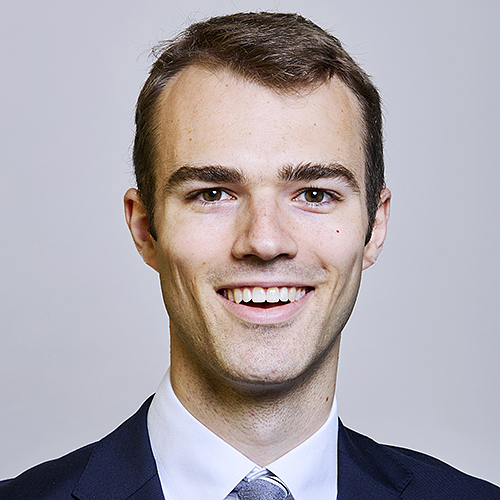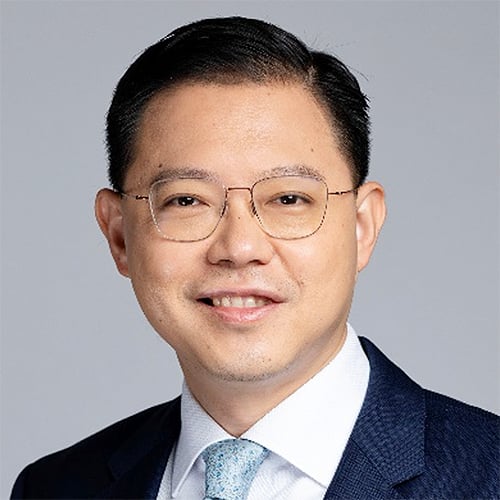The debate on whether environmental, social, and governance (ESG) investing is part of the fiduciary duty of an asset manager remains unsettled. But major asset owners and leading asset managers are coming out strongly in favor of ESG being part of an asset manager’s fiduciary duty, a development that may decide the issue sooner rather than later.
The debate was highlighted again last month when the International Monetary Fund (IMF) issued a report which concluded that investors are increasingly putting money into companies with good track records on ESG issues although there is no guarantee that ESG-focused companies will outperform their non-ESG focused counterparts.
The IMF’s October 2019 Global Financial Stability Report stated that the performance of “sustainable” funds is comparable to that of conventional equity funds and suggests that investors don’t necessarily need to sacrifice returns when they make investments in ESG-focused portfolios.
Also, a recent survey commissioned by NN Investment Partners indicated that 52% of investors surveyed still believe that an ESG-focused investment strategy will have a negative impact on the portfolio’s performance.
However, the Government Pension Investment Fund (GPIF) of Japan, the world’s largest pension fund with almost US$1.5 trillion in assets under management (AUM), strongly believes that bringing ESG investment into their portfolio is a pro-fiduciary duty and that failing to address ESG risks is actually against their fiduciary duty. GPIF has been proactive in introducing ESG-related investment reforms to its portfolio since 2017.
“If you are managing money for a young guy, and you have to return the money to your customer within the month, of course, you don’t take climate risk into your analysis. But if you are managing money for 20 to 30 years, I think you should,” says Hiro Mizuno, executive managing director and chief investment officer of the GPIF, in a talk before members of the Hong Kong Investment Funds Association (HKIFA).
Mizuno argues that for asset owners like GPIF who serve multi-generational clients and have investment time frames of 20-30 years, ESG risk factors have to be an important part of their investment strategy.
“I’m very skeptical how anybody can argue that ESG are not relevant risk factors for that investment time horizon. Because of that, for GPIF taking ESG into our investment portfolio management is a pro-fiduciary duty. We think failing to integrate or address these issues is against our fiduciary duty,” Mizuno says.
“A lot of people challenge me, saying ‘oh but there are some scientists who disagree with global warming’. And I say feel free to bet on the other side. But I think this industry is trying to stay on the fence by saying because this is not proven yet, we will remain sitting on the fence. Or taking action may be against fiduciary duty,” Mizuno says.
For its part, GPIF has concluded that ESG factors are relevant and systemic risks need to be addressed as part of their fiduciary duty.
“For most of the long-term pension funds and asset owners, we agree these are relevant risk factors. Some see ESG as an attribute to the alpha generation while others talk about ESG as systemic risks. We see ESG as systemic risks to our portfolio for the long term,” Mizuno says.
Bill Adams, chief investment officer, Global Fixed Income of MFS Investment Management, echoes Mizuno saying that because active asset managers are increasingly under pressure to generate top performance over shorter term time horizons, there is the risk of misallocating assets over a long investment horizon.
MFS Investments has an AUM of US$495.2 billion as of September 2019. The total fixed income AUM is US$87.3 billion in the same period.
“The active management industry, whether it’s because of underlying asset owners and their pressure to review asset managers on very short term windows, or whether it’s the asset manager themselves that feel the need to be always number one, is creating a real misalignment in the right way to generate alpha on a long-term basis,” Adams says.
“Chasing performance, chasing beta, chasing asset classes that you don’t necessarily believe in the underlying valuation of relative to fundamentals over the long-term point of view is a recipe for the misallocation of capital. That’s why I very strongly say our fiduciary responsibility is that of investing responsibly on a long-term basis for clients,” Adams says.
“When you think about fixed income return streams on a paired basis, lower ESG versus higher ESG, the longer term performance streams of higher rated ESG companies and companies that recognize where they have risks, and are looking to improve those ESG scores, they are much more valuable asset and alpha tools for asset owners than those who are ignoring it. It’s how and why we are integrating ESG the way we are,” Adams says.









